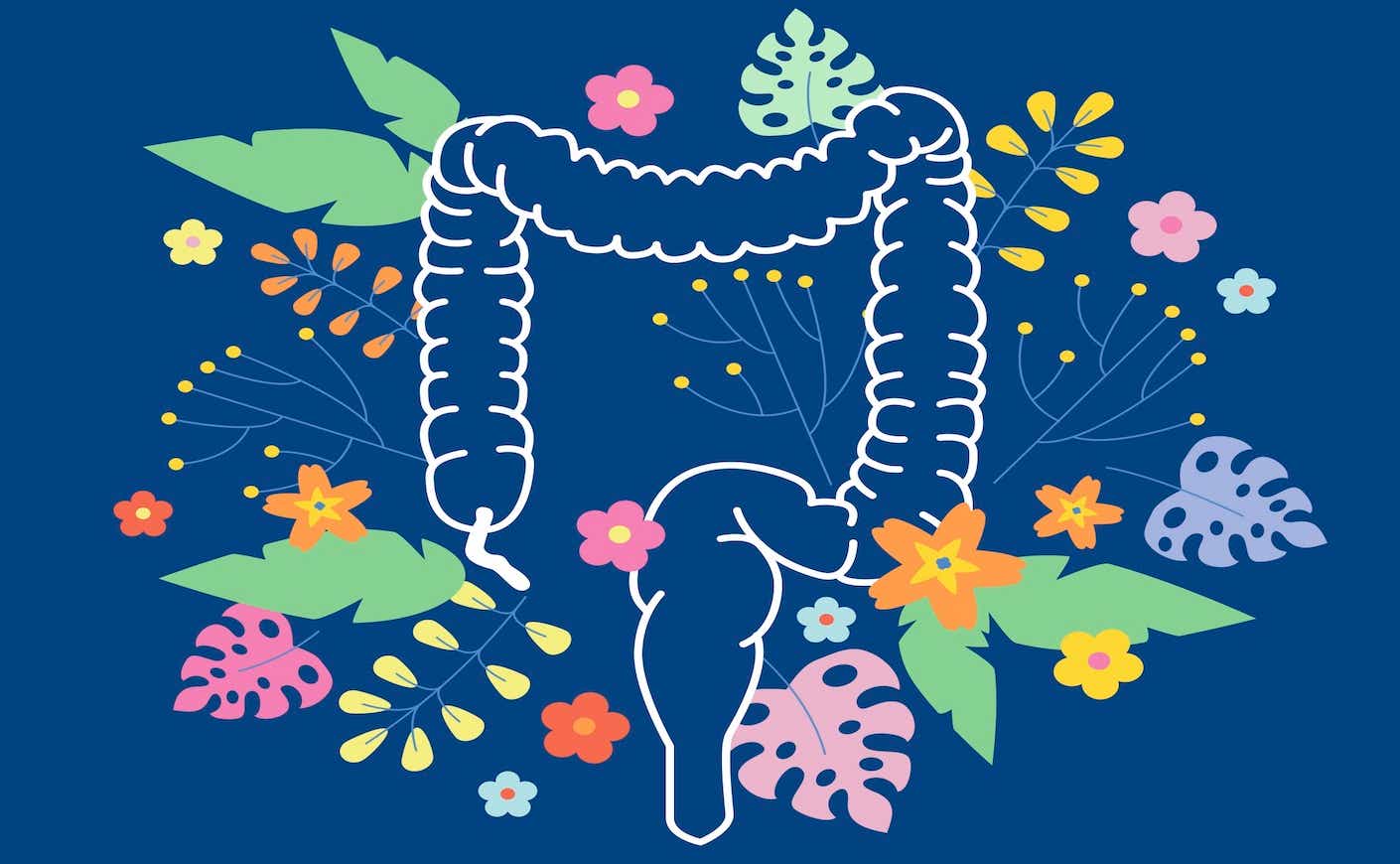For colorectal cancer awareness month, we took a closer look at this deadly disease. We checked in with Felice Schnoll-Sussman, MD, a gastroenterologist and the director of The Jay Monahan Center for Gastrointestinal Health (named after Katie’s late husband), to break down some of the basics.
She spoke to us about how common colorectal cancer (CRC) is, what treatments are available, who should get screened and when, and more about what Dr. Schnoll-Sussman called “an equal-opportunity killer.”
What exactly is colorectal cancer?
This form of cancer first appears in either the colon or rectum. In 2022, Dr. Schnoll-Sussman told us the reason clinicians distinguish between colon cancer and rectal cancer is that the conditions are treated very differently. Radiation is commonly used to target rectal cancer, but rarely employed for colon cancer, she said.
In both cases, the disease typically begins as a benign growth or polyp within the colon or rectum that over time becomes malignant. If caught early, it can be “extraordinarily treatable.” But if the cancer breaches the colon wall it can enter the lymph nodes, allowing it to spread throughout the body.
How common is colorectal cancer?
According to the CDC, colorectal cancer is the third most common type of cancer in men and women, and the third leading cause of cancer-related deaths in the U.S. This year, the American Cancer Society estimates that more than 152,000 people will be diagnosed with CRC and 53,010 will die from the disease.
“This is an equal opportunity killer. Period,” Dr. Schnoll-Sussman said.
What are some of the early colorectal cancer symptoms?
People who develop premalignant polyps don’t exhibit any symptoms, Dr. Schnoll-Sussman said. Even people who have developed the cancer may also feel completely fine and show no symptoms. That’s why it’s so important to get screened regularly, she told us. “Many people with polyps — even big polyps — feel nothing.”
Still, there are a few things you should be on the lookout for. Rectal bleeding is fairly common, she said, which will appear as bright-red blood. Younger people will often exhibit this symptom and regularly dismiss it as hemorrhoids. Discolored stool can be another warning. Maroon-colored or black stool (called melena) could be signs of bleeding within the colon.
A change in your pattern of bowel movements is also something to be aware of. “If you’re someone who has fairly normal bowel movements and all of a sudden are having diarrhea or loose stools or are constipated” and that change persists, that could be a symptom of colorectal cancer, Dr. Schnoll-Sussman said.
The other big thing to look out for is a change in the shape of the actual stool. Colorectal cancer patients often describe having “pencil-thin” stools, which are narrower because it has to squeeze past a growth, she said. Unexplained weight loss or anemia could also be symptoms.
Shockingly, colon cancer remains the “most preventable, yet least prevented, cancer.” The problem is, many people with early-stage colon cancer have no symptoms or family history (approximately 70 percent of colon cancer patients have no family history), so they may not think to get screened.
But that’s when screenings are the most effective because they can detect colon cancer in its early stages, when the disease is more treatable.
How to screen for colorectal cancer
“What's sort of wonderful is that there’s been a lot of progress in how we actually screen patients,” Dr. Schnoll-Sussman said at the time of our interview.
Now there are stool-based screenings that check for blood in the stool and also analyze certain genetic markers. These are less sensitive than a colonoscopy, so they need to be performed more frequently, she said, but they’re still extremely valuable because it increases access to screenings for more Americans.
“What it’s done is open up access to people who are either frightened by a colonoscopy or who don’t have the time to take off from work to get one,” she told us.
The recommended colonoscopy age
Because colorectal cancer is on the rise in people younger than 50, major medical associations, including the American Cancer Society and the U.S. Preventive Services Task Force, have updated their guidelines to recommend regular screening start at age 45 — five years younger than prior recommendations.
But even if you're not 45 and you start to notice some of the symptoms mentioned above, Dr. Schnoll-Sussman recommends talking to your doctor: “The days of a young person thinking they can’t get colon cancer are over.”
How is colorectal cancer typically treated?
It depends on the stage of the disease. If it’s caught early on, doctors can remove a cancerous polyp and completely eliminate the condition. But if the growth has moved outside the colon wall, then the course of treatment will vary. For instance, if the cancer is what’s called “locally advanced,” meaning it’s spread outside the colon to surrounding areas, doctors may attempt to shrink the cancer through a course of chemotherapy in order to try to completely remove it surgically. Or if it’s become metastatic, meaning the cancer’s spread throughout the body, standard chemotherapy is prescribed.









